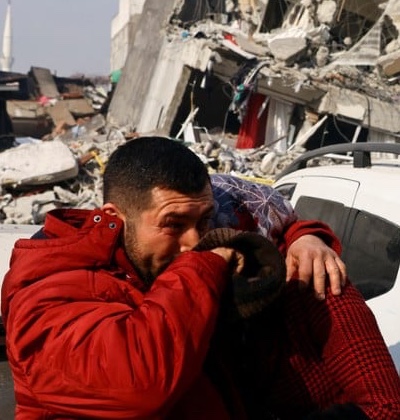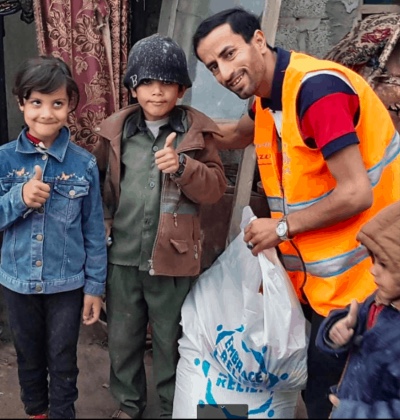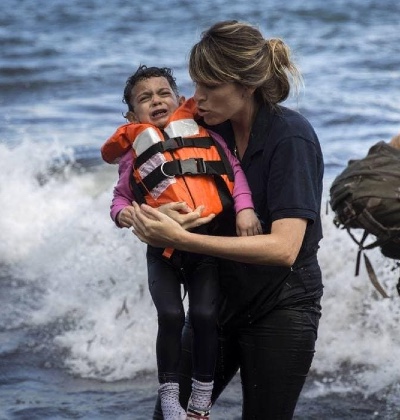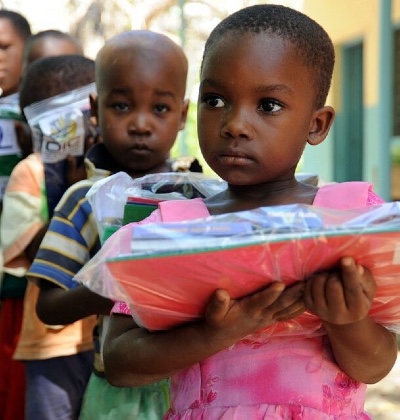
Ramadan 2023 begins at sunset on March 22, and will end at sunset on April 21. For Muslims around the world, it is one of the most important celebrations of each year.
Many non-Muslims may know that the observance of Ramadan involves a daily fast from sunrise to sunset, but may not understand the significance of Ramadan or other ways the holiday is observed.
If you’ve ever wondered about what Ramadan is, here are 7 basic facts that will give you a better understanding of this holy month celebrated by more than one billion people worldwide:
1.Ramadan is the holiest month in the Islamic calendar. The month of Ramadan is a commemoration of the revelation of Islam’s holy text, the Quran, to the prophet Muhammad. This occurred during the ninth month of the Islamic calendar, and the observance of Ramadan has become one of the most important pillars of belief for Muslims.

2. The start and end dates of Ramadan change each year. Similar to holidays in other religions like Easter or Rosh Hashanah, the start and end dates of Ramadan shift each year because its observance is based on a lunar calendar (the Islamic calendar is 354 days long). For example, Ramadan 2023 will begin at sunset on March 10 and end at sunset on April 9
3. Muslims are obliged to abstain from more than just food and drink. The month of Ramadan is a time for discipline, prayer, and thoughtfulness. Fasting is required, and intended to make people more aware of their relationship with God. Between the hours of sunrise and sunset, no food or drink is permitted. Additionally, Muslims are expected to abstain from sexual relations, smoking, and sinful behaviors like lying and gossiping.
4. Each day begins and ends with a meal. All Muslims are expected to continue on with their normal lives, whether working or going to school, while fasting during Ramadan. This means they must eat enough between sunset and sunrise to have enough energy for the day. An early wake-up call is followed by suhur, a small meal eaten before sunrise and before the first of the day’s daily prayers. Once the sun sets, it is time for iftar (“breaking the fast”), a larger feast traditionally eaten in a family or community setting.

5. Studying the Quran and praying are extra important. Throughout the year, Muslims pray five times every day. During the holiest month of the year, Muslims are expected to become even closer with God through extra prayers and the reading of the Quran. The tarawih are special prayers held each night during Ramadan in most mosques around the world, involving the reading of long portions of the Quran. Many Muslims seek to read the entire Quran, which comprises 30 sections, during the month of Ramadan.
6. The month of fasting ends with a big celebration. Eid al-Fitr (“Feast of breaking the fast”) is the celebration of the end of Ramadan, and occurs at sunset on the night when a crescent moon can first be seen. In America, this will be the night of April 21, 2023. This is one of the biggest annual celebrations of the Islamic world, typically involving prayers and sermons during the day, followed by large family and community gatherings after sunset. With the obligation to fast lifted, it is a time to eat, drink and be merry!
7. Charity is one of the most important aspects of Ramadan. In addition to fasting and prayer, donating to those in need is one of the core values of Ramadan. Zakat, the giving of a certain percentage of one’s income to the poor, is an obligation for all Muslims who have the ability to give. Many people choose to give during Ramadan, when generosity to the needy is thought to have an even more positive effect on one’s soul.

It can be very difficult to go through a full day without any food or drink, as any person observing the Ramadan fast can tell you. This is a time of year when many people can understand firsthand the struggle and pain of an empty stomach. And unfortunately, hunger can be found in every corner of our planet.
At Embrace Relief, we’ve made it a core part of our mission to deliver food to people in more than 50 countries worldwide, thanks to the support of people like you. If you have the ability, there’s never a bad time to provide a charitable donation that will make a real impact in people’s lives. But this month of reflection, empathy and charity is an especially good time to do so!
Help feed people in need with Embrace Relief
During our International Hunger Relief Campaign: Ramadan 2022, Embrace Relief delivered food packages to more than 36,000 people across 12 countries, including more than 8,900 in Tanzania, 8,000 in Greece, 5,600 in Yemen, more than 1,100 in Yemen, and hundreds more families in sub-Saharan Africa and South Asia. We also helped out locally, delivering food to nearly 500 neighboring families in New Jersey.
For our International Hunger Relief Campaign: Ramadan 2023, we want to reach even more people in need, and your support makes that possible. Donating any amount of money will make a difference – the amounts below represent the cost of one food package that will feed a family for one week:
36,500+ People
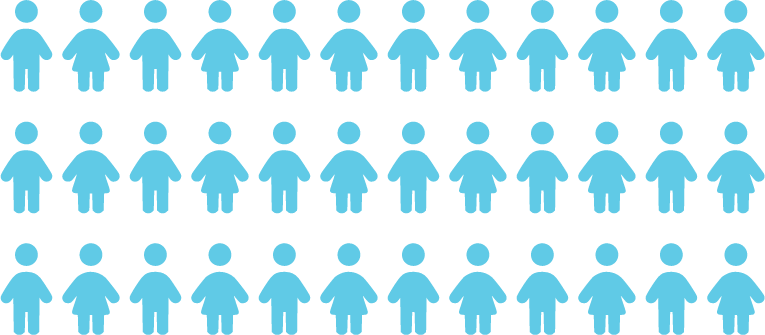
Reached Worldwide
So please, donate today. Every contribution you make helps one more family go to bed on a full stomach, and brings us one small step closer to ending world hunger.















